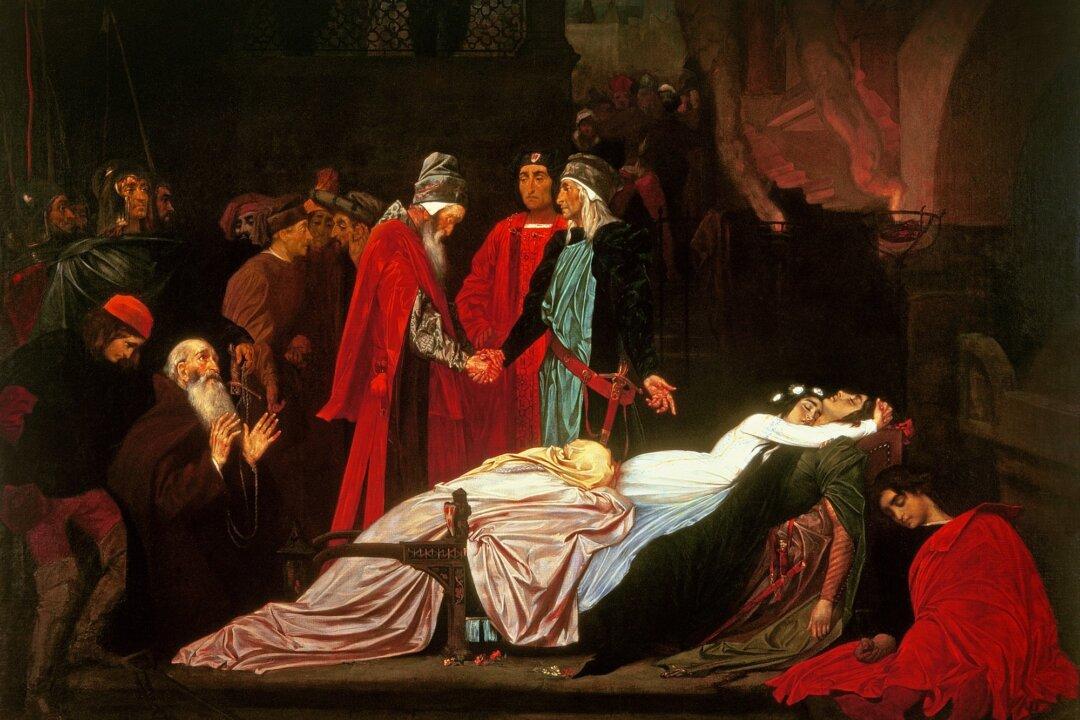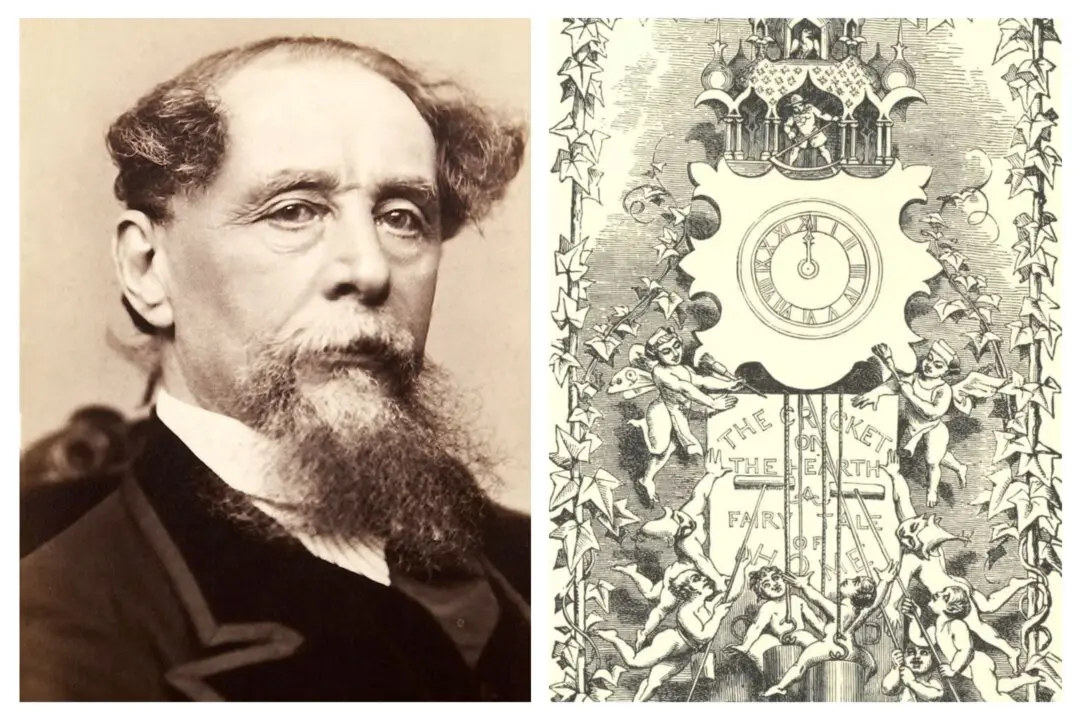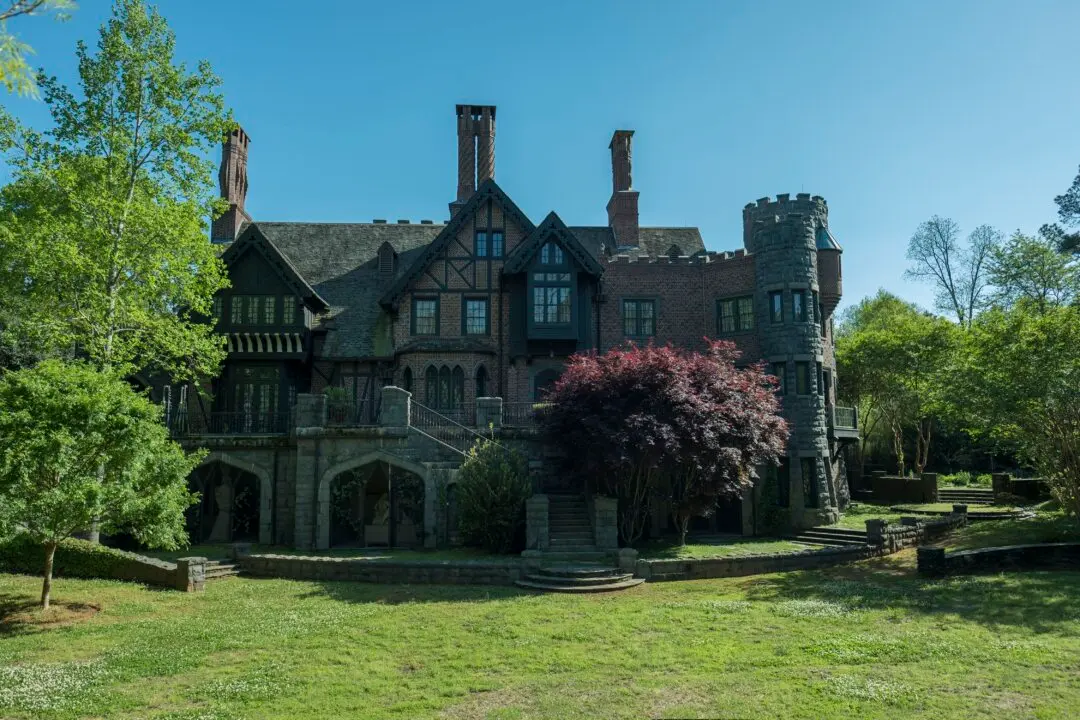“Romeo and Juliet,” sometimes characterized as an immature tragedy by William Shakespeare, is in fact a wise, complex work about immaturity: immaturity both as the beautiful beginnings of young love and immaturity in the pejorative sense, as a tragic family feud, governed by anger and nurtured by hatred. While it’s a story about true love with much beauty, it’s more than that. It cautions against hatred, which has a special power to warp good things like love and virtue. Understanding this helps audiences leave their own resentments behind.
The Prologue’s Summary
The Bard provides a genuine, balanced understanding of the whole play in the Prologue:Two households, both alike in dignity (In fair Verona, where we lay our scene), From ancient grudge break to new mutiny, Where civil blood makes civil hands unclean. From forth the fatal loins of these two foes A pair of star-crossed lovers take their life; Whose misadventured piteous overthrows Doth with their death bury their parents’ strife. The fearful passage of their death-marked love And the continuance of their parents’ rage, Which, but their children’s end, naught could remove, Is now the two hours’ traffic of our stage; The which, if you with patient ears attend, What here shall miss, our toil shall strive to mend.
In plainer language, in the medieval Italian city of Verona, Romeo Montague and Juliet Capulet, born to patriarchs on opposite sides of a bitter feud, meet and fall in love in the play’s first act. They profess their love in the second act. They are secretly married in the third act, under the shadow of Romeo’s killing of one of Juliet’s relatives in a duel.Romeo is banished, and Juliet’s family attempts to force her to marry someone else. The couple’s go-between, the Franciscan friar Father Lawrence, attempts to arrange for them to reunite, but it ends in both Romeo and Juliet killing themselves in despair.





